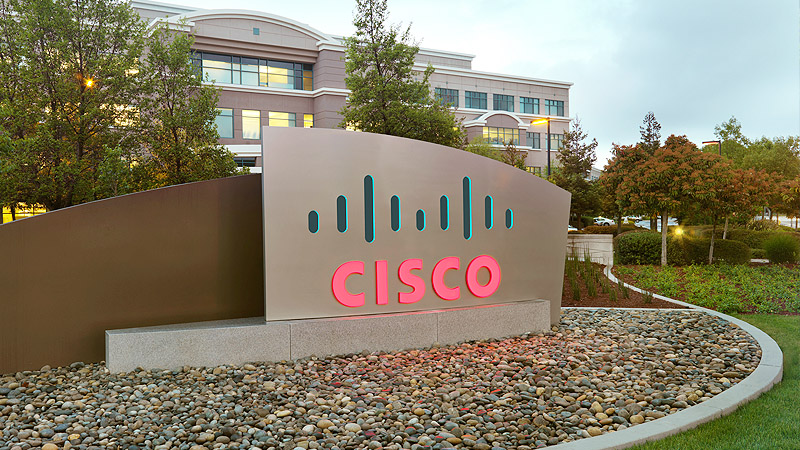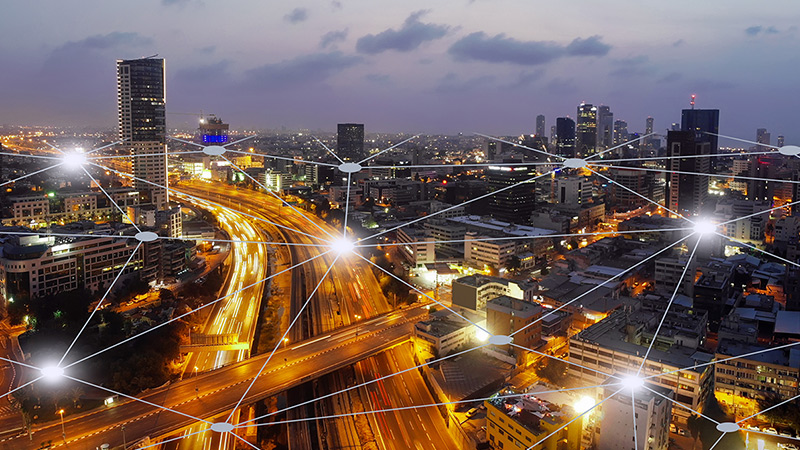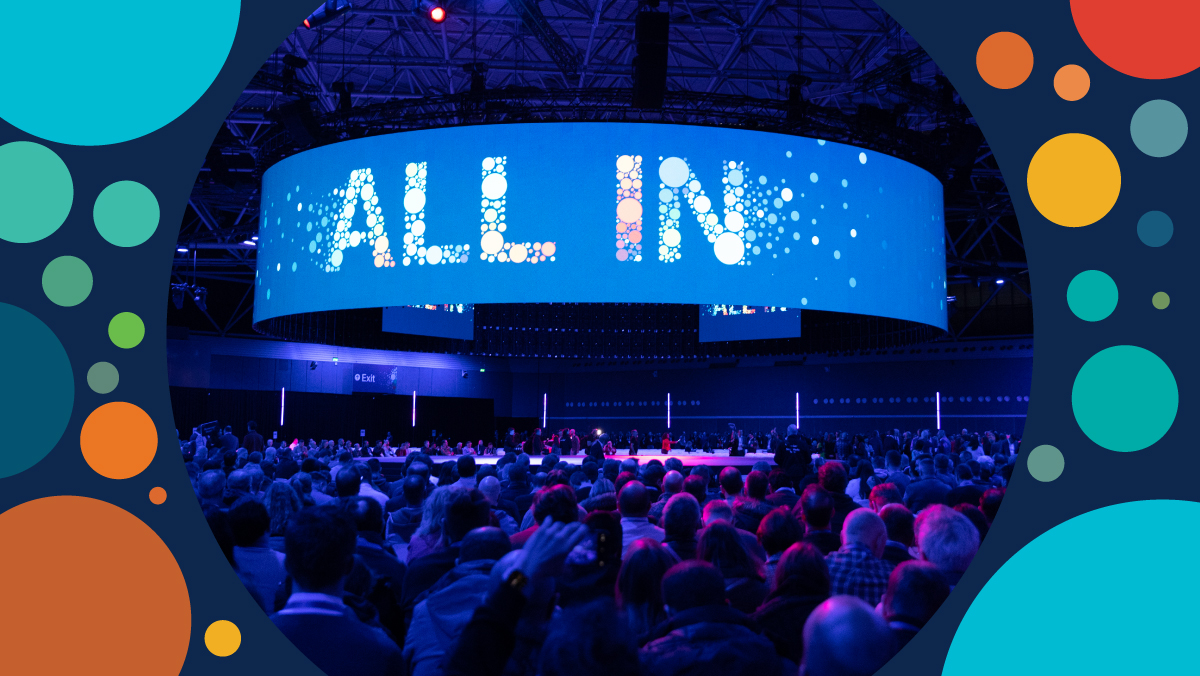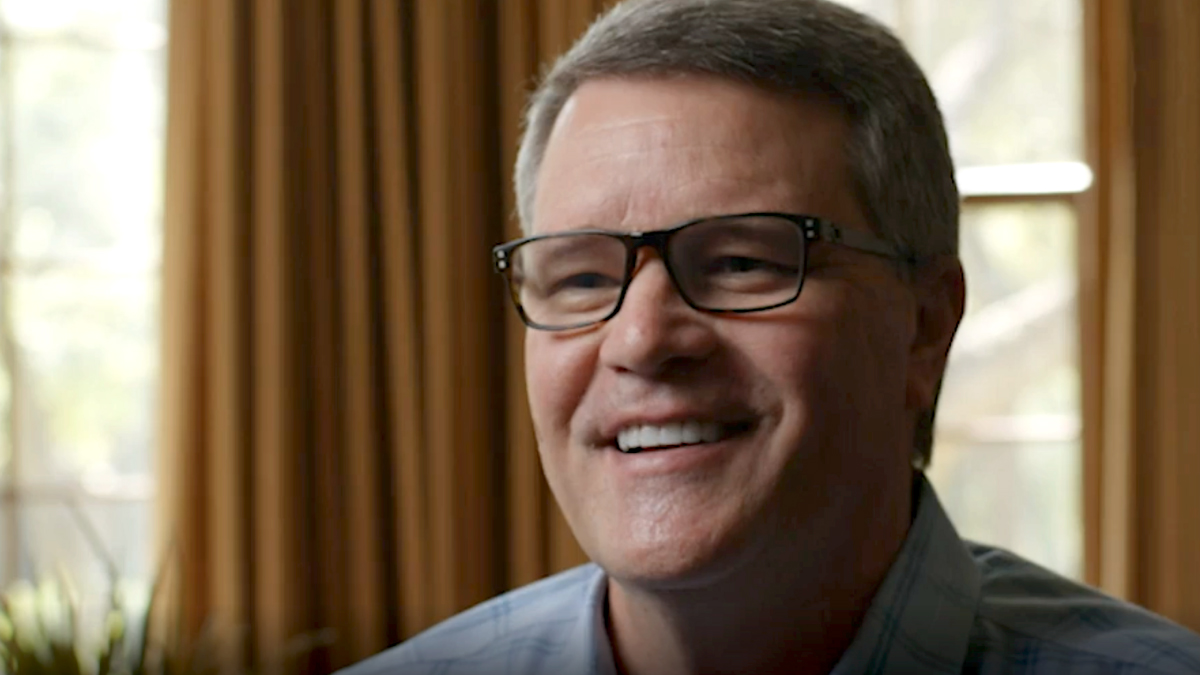DUBAI, United Arab Emirates, 16th December, 2013– Senior Cisco executives today outlined the company’s blueprint for creating a sustainable smart and connected city. Cisco believes that the principles of openness that have made the Internet a thriving ecosystem over the past 20 years can be applied to create and grow the networked platform for connecting people with products, services and information. This same network can also provide a means for cities to manage services, provide citywide information, learn more about how their citizens use managed services and provide business opportunities as well.
By drawing on Cisco’s experience from current strategic partnerships in smart city initiatives such as those in Barcelona, Nice and Hamburg among many others, experts and analysts agree that Dubai’s Smart City plans could create one of the world’s most connected and sustainable urban centers.
Having secured Expo 2020, Dubai’s rapidly accelerating Smart City bid comes at an opportune time. Frost & Sullivan estimate that the global market potential for smart cities - infrastructure development, technology integration, and e-government, energy and security services - could reach $3.3 trillion by 2025.
“The way we will move around in and interact with the city of Dubai is being revolutionized, and companies like Cisco are working very closely with both government and businesses to guide and support this momentous change. The era of inert buildings, unresponsive citizen services, and lack of logistical transparency is over, and Dubai has everything in place to become an exemplary smart city pioneer, not only throughout the region but also on a global scale,” said Rabih Dabboussi, Managing Director for Cisco in the UAE.
The global need for cities to adapt is intensifying. Research from the Massachusetts Institute of Technology (MIT) predicts that cities in the future will account for nearly 90% of global population growth, 80% of wealth creation, and 60% of total energy consumption.
According to analysis by McKinsey, one billion people will enter the global “consuming class” by 2025 – a rise of 70% from today. Cities will need to construct floor space equivalent to 85% of all of today’s urban building stock – an area the size of Austria.
Cisco’s Smart+Connected Communities™ (S+CC) – a Reality Today
Cisco is currently involved in over 90 S+CC projects worldwide, all of which feature an open-architecture platform that enables Cisco, its partners and customers to create and deploy new smart services and applications. To learn about cutting-edge Cisco smart city technologies in action, a delegation of Dubai government representatives recently visited Barcelona, one of Cisco’s most prominent S+CC engagements.
The city of Barcelona is currently showcasing a Cisco WiFi Mesh network in the Born District that provides connectivity to different metropolitan devices, such as sensors, cameras and actuators. The Cisco Wi-Fi Mesh network is also the foundation for infrastructure-based management services. For example, environmental smart sensors report in real-time on temperature, noise, humidity, gas and dust-particle concentration and more. The data gathered helps to paint a picture of the city’s overall livability, while serving as “watchdogs” capable of detecting levels outside of set thresholds and triggering alerts back to the city situation room. Smart parking sensors, for instance, help citizens find open parking spaces via smartphone app. Smart waste sensors installed in waste containers signal when they become full or are emitting odors above a set threshold for optimized pickup routes. Smart street lighting sensors in smart light poles can detect moving objects, including people and animals, in the street and adjust light levels accordingly.
Cisco’s reputation is already well-established in the technologies, standards and experience in having supported the development and growth of the Internet. The Internet of Things—and its next incarnation, The Internet of Everything—take this revolutionary achievement to the next level. The Internet of Everything could connect 50 billion people, processes, data and things by 2020.
“We can deliver the intelligent network to make it happen—a network that listens, learns and responds—on a scale like never before,” explains Dabboussi. “The rise of the smart city is intimately linked to Cisco’s Internet of Everything (IoE) strategy, which Cisco estimates has a value of $14.4 trillion USD.”
Cisco also recently helped launch the “Connected Boulevard” in Nice, France, an ambitious proof-of-concept project built to demonstrate the benefits and value of the Internet of Everything for both residents and city leadership. The project includes four types of city services—smart circulation (traffic), smart lighting, smart waste management and environmental monitoring. The applications gather information from about 200 wireless devices and sensors deployed along the 800-yard-long Boulevard Victor Hugo. The shared network platform makes it possible to transform raw data from these sensors into the actionable intelligence that, when scaled, has the potential to transform Nice into a smart city.
In the city of Hamburg, Germany, Cisco is also using Smart+Connected City Wi-Fi to improve service delivery to mobile citizens, to boost the local economy, and to provide smart parking via the Hamburg Port Authority. City Wi-Fi also provides the foundational platform for enabling Internet of Everything innovations such as traffic congestion management and automated water metering, resulting in greener and more efficient city infrastructure management. On the public safety and security front, the City Wi-Fi solution improves situational awareness by accelerating incident detection, and it can trigger a combination of automated response, real-time collaboration, and escalated decision support for optimal city operations and planning.
According to Amr Salem, Cisco’s Dubai-based Managing Director for Global Smart+Connected Communities, it is this kind of track record that boosts Cisco’s prominence as the right company to partner on actuating Dubai’s smart city strategy. “Dubai has to be commended for its leadership’s smart city vision and for its commitment to making it a reality,” said Salem.
Salem also notes that Dubai’s strategy was “a carefully considered, robust plan structured to benefit residents, businesses and visitors - emblematic of Dubai’s receptivity to cutting-edge technology.” The fiber optic networks, high-speed wireless Internet and sensors set for deployment across the city will mean a continuous flow of improvements - in everything from education, healthcare, and transport to utilities and general security.
Salem goes on to explain that Cisco’s approach to addressing these needs—the same ones challenging most cities today and into the future—is to leverage the network as the foundation for managed city and business services. This foundation layer will then incorporate all manner of mobility, security, cloud computing, virtualization, collaboration and video—and other evolving technologies—and rely on and accommodate a diversity of cross-functional, open-architecture applications that package and distribute information and services.
###
Links / URLs:
- Middle East News: http://newsroom.cisco.com/me
- For more details about Cisco S+CC visit: http://www.cisco.com/web/strategy/smart_connected_communities.html
About Cisco:
Cisco (NASDAQ: CSCO) is the worldwide leader in IT that helps companies seize the opportunities of tomorrow by proving that amazing things can happen when you connect the previously unconnected. For ongoing news, please go to http://thenetwork.cisco.com
Cisco and the Cisco logo are trademarks or registered trademarks of Cisco and/or its affiliates in the U.S. and other countries. A listing of Cisco's trademarks can be found at www.cisco.com/go/trademarks. Third-party trademarks mentioned are the property of their respective owners. The use of the word partner does not imply a partnership relationship between Cisco and any other company.



